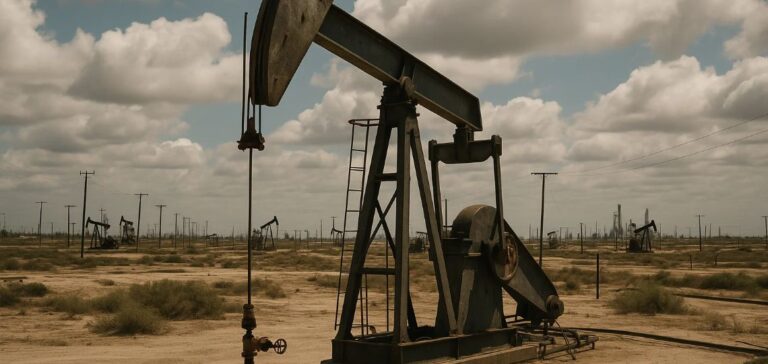The global oil industry finds itself at a critical juncture as price volatility and tariff uncertainties threaten to disrupt production and investment in the coming months. Oil prices recently fell below USD 60 per barrel, a level not seen since 2021, prompting producers to prepare for further potential declines. According to a report by Wood Mackenzie, titled “Is oil price volatility a threat to upstream production, investment and supply chains?”, a drop to USD 50 per barrel could result in the loss of 1.2 million barrels per day by 2026.
Analyst Fraser McKay, Head of Upstream Analysis at Wood Mackenzie, highlights that the industry, armed with lessons from past price crashes in 2015 and 2020, is prepared to react swiftly to further declines. However, if operators and supply chains anticipate a prolonged period of low prices, it could have severe consequences for long-term investment and production.
Tariffs and cost pressures
The oil services sector, key to the supply chain, is preparing for reduced activity due to lower prices, but tariffs could also increase input costs. Service companies will then face a choice between maintaining their market share or accepting margin erosion in well-supplied markets. Depending on how the situation unfolds, tariffs could increase costs by up to 6% onshore and 15% offshore in the United States.
Investment and uncertainty
Uncertainty surrounding short-term oil demand and OPEC+ market strategy has led to a drop in the share prices of oil and gas companies. Capital allocation decisions are becoming increasingly difficult in a volatile environment, and a decline in global upstream investment is expected for the first time since 2020.
Ryan Duman, Director of Americas Upstream at Wood Mackenzie, adds that US shale operators, who are more flexible, would be among the first to curb investments if prices fall further. However, international projects are also beginning to feel the pressure, with some already revising their budgets and delaying projects.
The industry anticipates a decrease in investment spending in 2025, a trend not seen since 2020, if oil prices remain below USD 60 per barrel for an extended period. If prices drop to USD 50 or lower, operators may take decisive actions to protect their investment budgets.






















